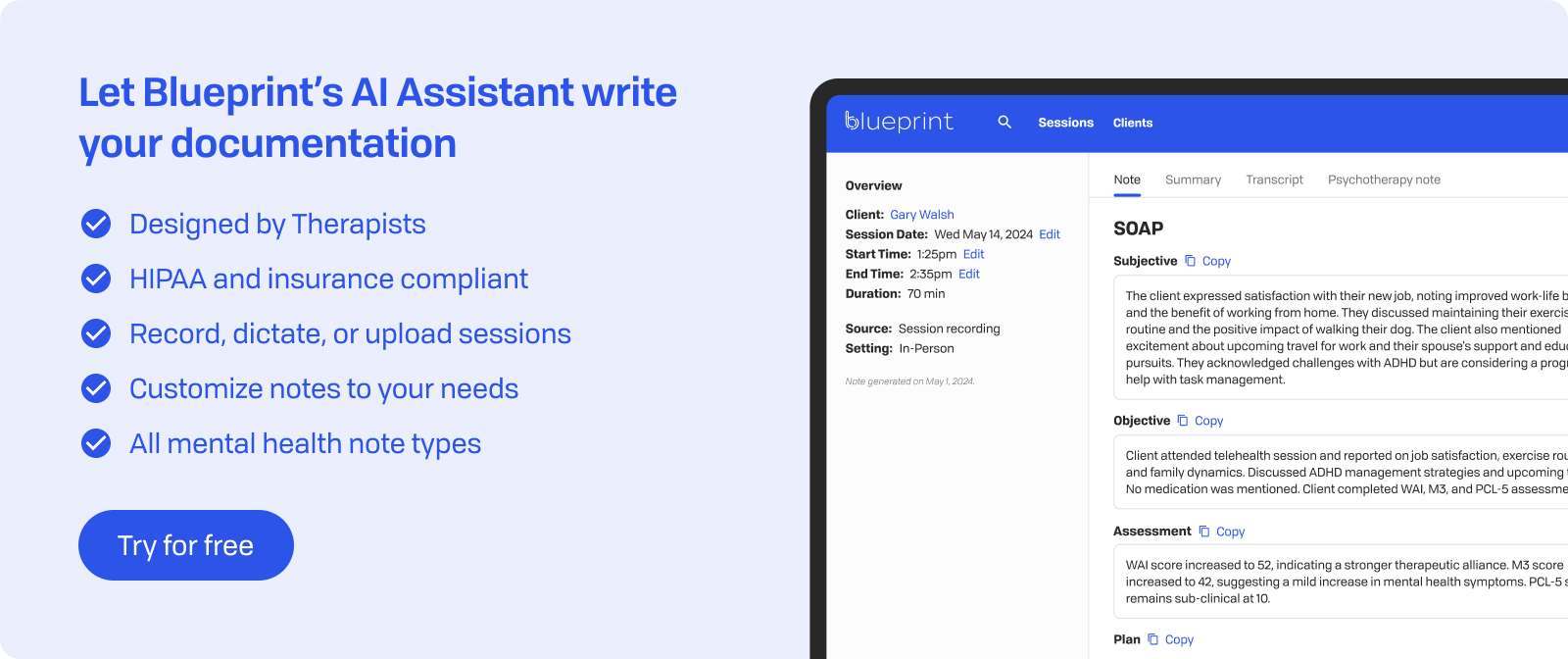In Brief
When you consider a career in mental health, the choice of a master's program can seem complex. Many students face the decision between a master's in Marriage and Family Therapy (MFT) and a master's in Counseling Psychology. While both degrees prepare you to become a licensed therapist, their educational paths, theoretical foundations, and career outcomes differ in important ways.
Choosing between an MFT and a Counseling Psychology program shapes your academic journey, clinical training, and professional identity. Both degrees lead to fulfilling careers in helping others, but they offer distinct lenses for viewing human behavior and distress. Understanding these differences is crucial for students who want to align their education with their long-term professional goals.
This article clarifies the key distinctions between these two master's degrees. We'll examine how MFT and Counseling Psychology programs are defined, their educational and training pathways, their core focus and theoretical approaches, and the career paths they open. Making an informed decision at this stage will set a strong foundation for your future practice.
Defining the Programs
A master's in Marriage and Family Therapy (MFT) is a professional degree that trains therapists to work with individuals, couples, and families through a systemic lens. MFT programs are founded on the belief that problems are often a function of relational dynamics and family systems. The curriculum is specifically designed to prepare students for licensure as an MFT, with a strong emphasis on theories and interventions that address relationships.
A master's in Counseling Psychology is a graduate degree that focuses on the study of human behavior, development, and psychological health, with a strong emphasis on applying this knowledge to clinical practice. Unlike MFT, Counseling Psychology programs often have a broader scope, covering individual psychopathology and a wide range of counseling theories. This degree can lead to various licenses, such as Licensed Professional Counselor (LPC) or, in some states, a specific counseling psychology license.
The key distinction lies in their fundamental approach: MFT programs focus intensively on relational and systemic theories, while Counseling Psychology programs provide a broader foundation in individual psychology, often incorporating a more research-oriented perspective. This difference influences not only the coursework but also the philosophical underpinnings of how you will conceptualize cases and interventions.

Education and Training Pathways
While both master's programs typically require around 60 graduate credit hours, the specific coursework and clinical training vary significantly to reflect each program’s unique focus.
MFT Master's Path:
- Degree Focus: Specifically a master's in Marriage and Family Therapy.
- Core Curriculum: Heavy emphasis on family systems theory, couples therapy, human sexuality, and relational dynamics. Coursework is highly specialized from the start.
- Clinical Training: Practicum and internship hours are heavily weighted toward working with couples, families, and relational systems. Many programs require a specific number of relational hours for graduation.
- Post-Graduate Hours: Similar to other licenses, most states require 2,000-4,000 supervised clinical hours with a strong emphasis on relational cases.
- Licensure Exam: State-specific MFT examination that tests knowledge of systemic and relational therapy.
Counseling Psychology Master's Path:
- Degree Focus: A master's in Counseling Psychology, which often leads to a Licensed Professional Counselor (LPC) credential.
- Core Curriculum: A broader curriculum that may include psychopathology, assessment, career counseling, group counseling, and a variety of individual counseling theories (e.g., CBT, psychodynamic, humanistic). Some programs also include a research or thesis component.
- Clinical Training: Practicum and internship hours are more varied, often allowing students to work with individuals in a range of settings. While group and family work may be part of the training, the primary focus is on individual counseling.
- Post-Graduate Hours: 2,000-4,000 supervised hours are required for licensure, typically without a specific relational case requirement.
- Licensure Exam: The National Counselor Examination (NCE) or National Clinical Mental Health Counseling Examination (NCMHCE).
The main difference is the specialization built into the curriculum. MFT programs are designed from the ground up to create systems-focused therapists, while Counseling Psychology programs provide a more generalist foundation in individual psychology. This distinction prepares graduates for different types of clients and practice settings.
Focus and Theoretical Approaches
The core philosophy and theoretical approach of each program determine how students are taught to view and address client issues. This is perhaps the most significant difference between the two degrees.
MFT Theoretical Approach:
- Systems-Oriented: Views the individual within the context of their relationships. The core belief is that the family system, not just the individual, is the "client."
- Interventions: Utilizes systemic models like Structural Family Therapy, Emotionally Focused Therapy (EFT), and Bowenian Family Systems Theory to change relational patterns and communication styles.
- Treatment Goals: Aims to improve communication, resolve conflicts, and enhance the overall health of the relational system.
- Session Format: Frequently involves multiple family members or a couple in the session, although individual work is done with a systems-focused mindset.
Counseling Psychology Theoretical Approach:
- Individual-Centered: Focuses on the client as the primary unit of treatment. Problems are conceptualized as originating from internal experiences, personal history, or individual thought patterns.
- Interventions: Draws from a wide range of individual-focused modalities such as Cognitive Behavioral Therapy (CBT), client-centered therapy, and psychodynamic approaches.
- Treatment Goals: Aims to reduce individual symptoms, improve personal functioning, and promote self-actualization.
- Session Format: Primarily works one-on-one with individuals, although training may include basic group or family counseling skills.
While a counseling psychologist may use systemic thinking, their foundational training is not as concentrated on this approach as an MFT's. This distinction affects everything from how a student writes a case conceptualization to the types of interventions they learn to apply in a clinical setting.

Career Paths and Professional Identity
The type of master's degree you choose influences not only your clinical skills but also the professional opportunities available to you. While there is overlap, each path leads to different specializations and work environments.
Common MFT Career Paths:
- Private Practice: Specializing in couples and family therapy.
- Family Service Agencies: Working with families in crisis, child welfare, or adoption services.
- Hospitals and Treatment Centers: Integrating family therapy into addiction treatment or eating disorder programs.
- Relationship-Focused Organizations: Providing premarital counseling or divorce mediation.
Common Counseling Psychology Career Paths:
- Private Practice: Focusing on a wide range of individual issues like anxiety, depression, or trauma.
- Community Mental Health Centers: Working with diverse populations on a variety of presenting problems.
- Schools and Universities: Providing academic, career, and personal counseling to students.
- Hospitals and Medical Centers: Working on interdisciplinary teams in various settings, from psychiatric units to integrated care.
- Government and Non-Profit: Serving in a broad-based counseling role for a government agency or NGO.
The Counseling Psychology degree often offers more flexibility in terms of settings and client populations. The MFT degree, in contrast, provides a highly specialized and marketable skill set for working with relational issues. Your choice should be based on the type of work and the client population that most excites you.

Making Your Decision
Choosing between an MFT and a Counseling Psychology master's program is a significant professional decision. Here are some questions to consider to help you choose the right path for you:
Consider an MFT Program if you:
- View problems through a relational and systemic lens.
- Are energized by working with couples and families.
- Want to specialize in relational dynamics from the start of your career.
- Believe that healing often occurs within the context of relationships.
Consider a Counseling Psychology Program if you:
- Prefer to work primarily with individuals.
- Want a broad, generalist foundation in psychology and mental health.
- Desire flexibility in your career path, from schools to hospitals to private practice.
- Are interested in the developmental and individual aspects of psychological well-being.
Your decision should be based on your intrinsic therapeutic interests and your long-term vision for your career. While both paths can be incredibly rewarding, they prepare you for different roles and clinical identities. Understanding these distinctions at the start ensures that your academic and professional journey is one you feel passionate about.

Key Takeaways
The distinction between a master's in MFT and a master's in Counseling Psychology goes beyond a program title—it shapes your entire professional identity and practice.
- MFT programs specialize in relational systems: Their curriculum and training are designed to produce therapists who view the family and relationship as the client.
- Counseling Psychology programs offer a broad foundation: They provide a more generalist education in individual psychology, allowing for a wider range of career paths and specializations.
- Theoretical Approach is the core difference: MFTs are trained in systemic theories, while Counseling Psychologists learn a variety of individual-focused therapeutic modalities.
- Both require rigorous training: Both degrees demand extensive coursework, clinical practice, and post-graduate supervised hours.
- Your choice should align with your passion: Decide whether you are more passionate about helping individuals with their personal issues or helping families and couples with their relational dynamics.
Choosing the right master's program is the first step toward building a fulfilling career in mental health. By understanding these key differences, you can make an informed choice that will serve you and your future clients for years to come.











